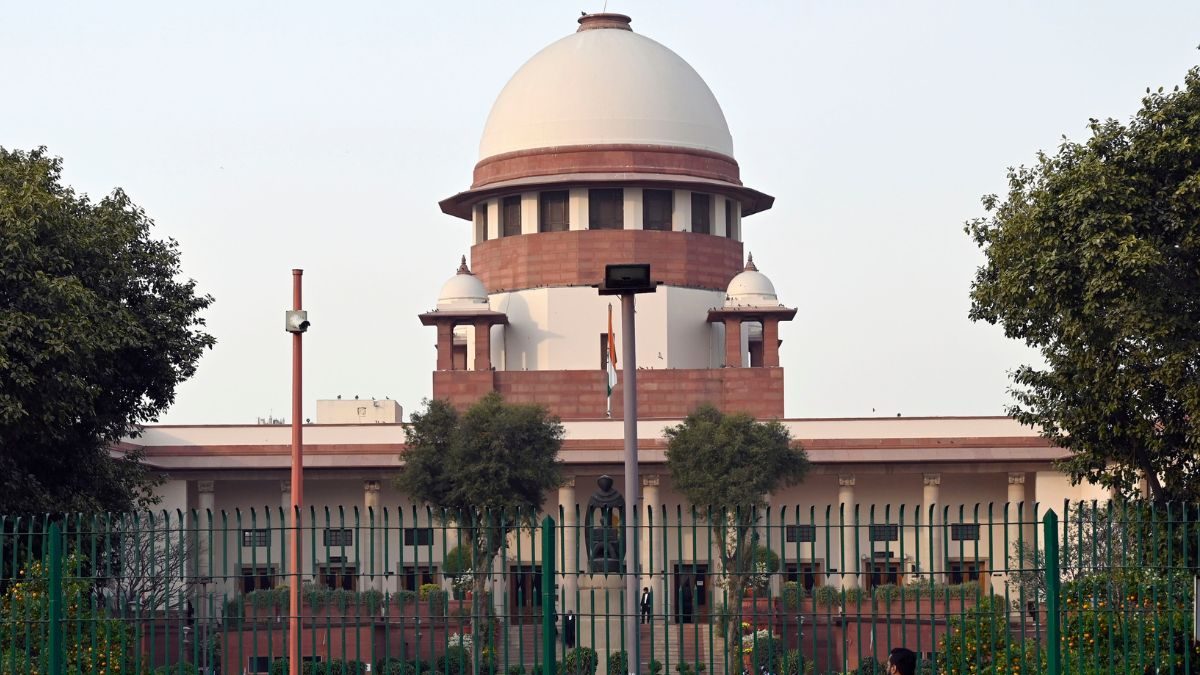The Supreme Court of India, in a landmark judgment, condemned online trolls for their relentless attacks, recognizing that even the highest judicial forum is not immune to such harassment. The court expressed its deep concern over the pervasive nature of social media trolling, highlighting the negative impact it has on individuals and institutions alike. This judgment sheds light on the critical need to address online harassment, particularly its impact on the judiciary and individuals caught in the crossfire of such attacks.
The Scourge of Online Trolling: A Threat to Justice and Individual Dignity
The Supreme Court’s scathing criticism of social media trolling underscores the seriousness of this issue. Judges, who are expected to be impartial arbiters of justice, are increasingly becoming targets of online attacks. This blatant disregard for judicial independence not only undermines public faith in the judiciary but also creates an environment where judges may feel pressured to conform to public opinion. This can have detrimental effects on the integrity of the justice system.
Beyond Judicial Institutions: The Impact on Individuals
The impact of trolling extends far beyond judicial institutions, affecting individuals who find themselves caught in the crosshairs of online harassment. In the case of Swati Maliwal, the victim of alleged assault, the court recognized the severe toll that online harassment can take on individuals. The continued trolling, victim-shaming, and online attacks amplified the trauma of the incident, adding further distress and intimidation.
The Culture of Insensitivity: A Crisis of Responsibility
The court lamented the alarming rise of irresponsible individuals who wield the power of social media without any regard for the consequences of their actions. This culture of insensitivity stems from a lack of awareness about the potential harm of online trolling, a blatant disregard for the ethical and legal ramifications of such behavior.
Addressing the Menace: A Multi-pronged Approach
The Supreme Court’s judgment highlights the urgent need for a comprehensive strategy to tackle the issue of online trolling. The following steps are essential:
Enacting Stringent Laws and Regulations:
While India has existing laws against online harassment, including provisions in the Information Technology Act, 2000, and the Indian Penal Code, their implementation and enforcement need to be strengthened. There is a need for clear and concise guidelines and penalties specifically tailored to address online trolling, ensuring accountability for perpetrators and providing protection for victims.
Fostering Digital Literacy and Critical Thinking:
Education and awareness campaigns aimed at promoting digital literacy and responsible online behavior are crucial. Individuals must be equipped with the skills and knowledge to critically evaluate information online, identify and avoid harmful content, and understand the ethical implications of their actions in the digital sphere.
Enhancing Platform Responsibility:
Social media platforms have a crucial role to play in addressing online harassment. They should implement robust reporting mechanisms, facilitate rapid response to complaints, and develop effective measures to identify, moderate, and remove abusive content.
Strengthening the Judiciary’s Role:
The judiciary has a vital role in setting precedents and ensuring the application of existing laws to address online trolling. Judges must be empowered to take decisive action against perpetrators of such abuse, establishing a clear deterrent effect.
Takeaway Points
- The Supreme Court’s strong stance against online trolling marks a significant step in acknowledging the detrimental impact of this phenomenon on both institutions and individuals.
- Tackling online harassment requires a multi-pronged approach that involves enacting stronger laws, promoting digital literacy, holding social media platforms accountable, and empowering the judiciary to deliver swift and effective justice.
- We must recognize that online trolling is not merely a nuisance; it can have profound and lasting negative consequences on individuals and undermine the very foundation of our society. By adopting a comprehensive strategy, we can create a more inclusive and respectful online environment where all can participate without fear of harassment and intimidation.




